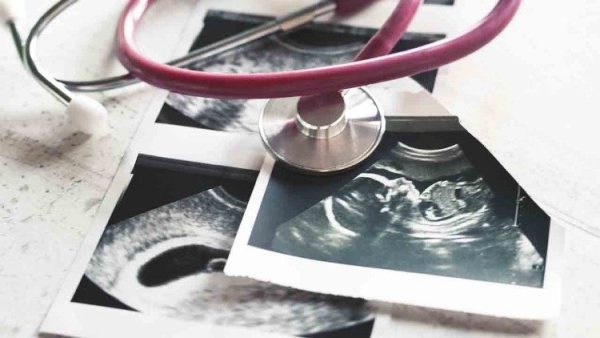Archbishop Paglia: EU Parliament vote on abortion favors strong over the weak
 Archbishop Vincenzo Paglia, President of the Pontifical Academy for Life, has criticised a recent decision of the EU Parliament to include access to abortion in the EU Charter on Fundamental Rights as "a step backward culturally," saying it prioritises self-interest over community welfare.
Archbishop Vincenzo Paglia, President of the Pontifical Academy for Life, has criticised a recent decision of the EU Parliament to include access to abortion in the EU Charter on Fundamental Rights as "a step backward culturally," saying it prioritises self-interest over community welfare.
Abortion is a step closer to appearing in the EU's Charter of Fundamental Rights. Thursday's vote in the European Parliament, following France's lead, which was the first EU country to constitutionally recognize the right to abortion, has stirred debate among the 27 member states. Given the requirement for unanimous consent to include such a provision in the Charter, the vote remains largely symbolic.
Opposition and disappointment were soon voiced by COMECE, the Commission of Episcopal Conferences of the European Union, which argues that the fundamental right is to life rather than abortion, as it denies the most vulnerable.
This sentiment was echoed by Archbishop Vincenzo Paglia, President of the Pontifical Academy for Life, who told Vatican News that the EU Parliament's decision conflicts with the protection of the rights of the weakest, such as the unborn.
Q: Archbishop Paglia, what is your take on the EU Parliament's vote?
I see it as a purely ideological move in the negative sense of the term. It's hard to ignore the plight of women, especially as many may seek abortions out of desperation, but what's alarming is the complete disregard for the rights of the unborn.
This, to me, signals a significant cultural regression, undermining our societal values. It's a step backward, not forward, and it disregards the principle of safeguarding the rights of all, especially the weakest, who cannot advocate for themselves. It's misguided to advocate for the rights of one party while neglecting the rights of both.
Q: So, what mentality does this vote reflect?
It reflects an intensely individualistic mindset that fails to acknowledge the realities of life.
Pregnancy involves two lives, yet the emphasis solely on individual rights, at the expense of obligations towards others, leads us down a regrettable path.
It's crucial to support pregnant women comprehensively, ensuring their dignity, employment rights, and full expression as human beings.
Q: Is the European Union imposing a particular ideology, as asserted by European bishops?
Undoubtedly. It's worth noting that opposition to abortion isn't confined to Catholicism. The question boils down to whether the unborn are considered lives. If so, what right do we have to terminate them?
While conflicts are inevitable, completely disregarding the rights of the unborn in favor of others, especially when they cannot speak for themselves, represents a cultural regression. We need to prioritize life in all its forms and aspects, especially those of the most vulnerable.
Q: While this vote may not have immediate legislative consequences, it sends a troubling message, correct?
Absolutely. It's not just a legislative issue; it's a deep-rooted cultural problem. Our obsession with individual rights risks eroding our sense of interconnectedness and collective responsibility towards life.
Mother Teresa's approach, urging pregnant women to choose life and offering support, exemplifies the need for a shift towards a culture of unity and solidarity. This vote isn't merely a political choice; it challenges our fundamental understanding of human dignity and communal welfare.
Francesca Sabatinelli
Source: vaticannews.va/en

